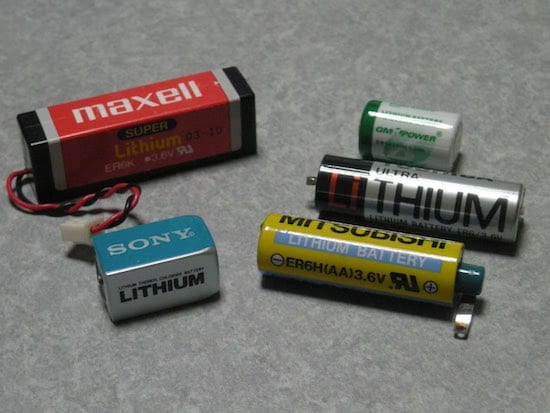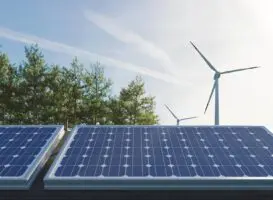 South Korean steel maker POSCO has become the latest Asian company to grab a stake in Australia’s burgeoning lithium resources market, in an off-take and downstream processing deal with ASX listed miner Pilbara Minerals.
South Korean steel maker POSCO has become the latest Asian company to grab a stake in Australia’s burgeoning lithium resources market, in an off-take and downstream processing deal with ASX listed miner Pilbara Minerals.
The agreement will see POSCO buy up to 240,000 tonnes of lithium concentrate a year from Pilbara Minerals, while its Australian unit will also acquire a 4.75 per cent stake in Pilbara for $79.6 million.
Under the joint venture deal, Pilbara will take a 30 per cent stake in a plant able to produce 30,000 tonnes a year of either lithium carbonate or lithium hydroxide in Korea.
POSCO will invest a further $97.6 million in Pilbara through a convertible note issue if the joint venture deal go ahead.
The deal puts POSCO in the running in the booming global lithium-ion battery market, that is being driven by the proliferation of solar and battery storage and by the coming boom electric vehicles.
The company has said in a statement that it plans to make about 30,000 tonnes of lithium products a year starting from 2020.
These products would be supplied to a range of companies including battery manufacturing affiliate POSCO ES Materials and its joint venture with China’s Huayou Cobalt, and other South Korean battery makers.
For Pilbara Minerals, the deal helps to underwrite the company’s plans to expand its potentially hugely lucrative Pilgangoora lithium project.
According to a report in Resources Rising Stars in August 2017, Pilgangoora’s spodumene concentrate was set to land in China for more than $US200 a tonne.
A stage two expansion to an annual production rate of more than 800,000 tonnes of spodumene concentrate could be achieved by the company for relatively modest capital expenditure, RRS said.
It also helps to diversify its sales agreements beyond the Chinese market, with 30 per cent of its entire proposed production from Stage 1 and 2 now to be sold in South Korean.
A recent report warned Australia needed to act quickly and decisively to take advantage of its leading position in the global lithium resources market, or risk missing out on what could be a $2 trillion value supply chain.
The report, published by Future Smart Strategies in January, said that under a “business as usual” scenario, Australia would will continue to “gain significantly” from lithium mining, but risked losing out on its share of the total market value, downstream.
It warned that a failure to look beyond the nation’s natural resource advantage, to opportunities further down the supply chain, could cost the nation dearly.
“It is crucial that action is taken quickly so Australia takes a share of the thousands of new jobs (skilled and semi-skilled) in this two trillion-dollar value chain,” it said.
“There is a limited window with many other countries already aggressively moving to take capitalise on these opportunities,” the reports authors, Ray Wills, Howard Buckley and Neil Prentice wrote.
The authors pointed to examples from a number of countries around the world, including some of Australia’s near neighbours, where governments have introduced policies and programs to support downstream lithium processing opportunities.
“China has a range of government policy settings and industry support programs to drive growth of the lithium value chain from production to final consumption,” the report said.







